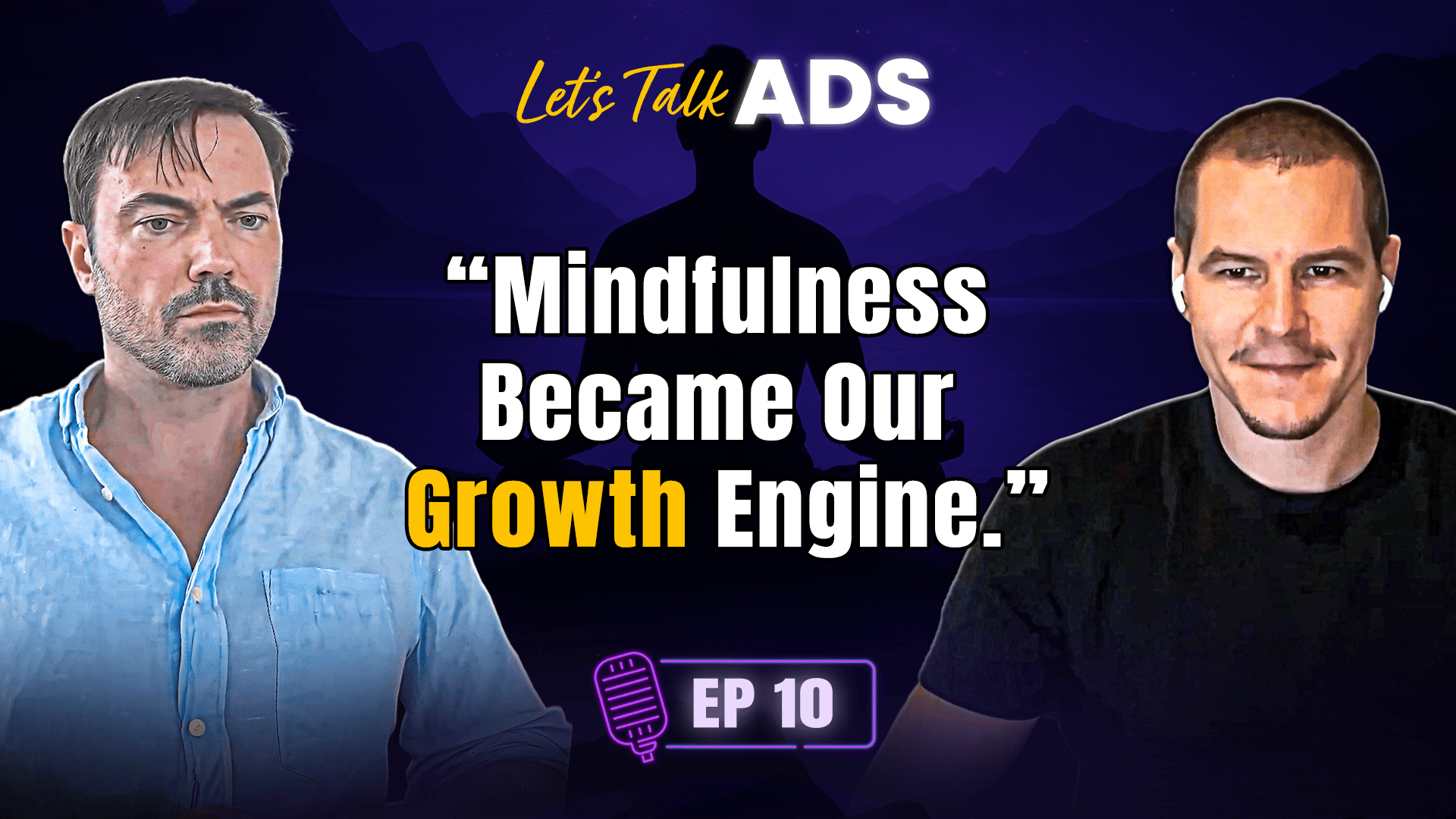App Store Optimization (ASO) basically involves all the activities you do for the optimization of your app. This in turn leads to your app being ranked higher on an app store (increased visibility) which is a must to increase conversion rates and app downloads. ASO also includes the click-through rate or CTR. Google Play Store and iOS App Store are the two leading app stores in the world right now. App store optimization basically works in a similar fashion to search engine optimization. There are multiple ways to increase your app optimization. You can optimize your keywords in the app description by using the most relevant search terms through a keyword search tool. While submitting your app, you should always select the most relevant and less crowded category related to your app. Also, make sure to tailor your app for regions and areas where your target audience is located. In addition, stuff like number of app downloads and positive reviews will also affect the ranking of your app in search results. In order to achieve high CTR, it is necessary that you persuade people to click on your app store listing once they find it. Your app name, title, icon, screenshots, and ratings are other things involved in CTR optimization.
Table of Contents
Importance of App Store Optimization
This is no secret that the current app marketplace is a very crowded one. Statistics show that there are over 2 million apps available in Apple’s App Store while Google Play Store houses more than 3 million apps. In the current space, it is difficult for a new app developer to make sure that his app stands out among the many others already present in the app store. How are you going to achieve high rankings and more downloads when your app has to compete with millions of other apps? This is where App store optimization comes in. Following good App store optimization practices can help you in gaining organic traffic, which is necessary for the growth of your application. Alternatively, you can also go down the other route by running paid app campaigns that come with a certain cost-per-install (CPI). Most people use a combination of both tactics to achieve the best results possible. The downside to paid app campaigns is that they require financial investment on your part, and this may pose a problem to those who are just starting out on their app journey. A company or an organization will have a much easier time paying for app campaigns than an individual person. Thus, adopting good App store optimization practices is necessary for the long-term growth of your app.
Benefits of App Store Optimization
App Store Optimization has the following advantages:
- Increased visibility: As said before, it doesn’t matter how good your app is, it won’t be downloaded if people can’t find it in the first place. App store optimization will make your app more visible to the public eye, resulting in more downloads. The more downloads you will have, the more discoverable your app will become.
- No spending on ads: By adopting good App store optimization practices, you can improve your app growth in an organic way. In this way, you can save your finances instead of spending them on ads.
- Increased global reach: In addition to increased visibility, you can make use of the app localization feature to further improve your reach by targeting global audiences.
- Increased conversion rates and revenue generation: App store optimization will help your app become more discoverable and as a result, the download numbers will increase. The improved conversion rate will further boost the standing of your app in the app store. Depending upon how you monetize your app (in-app purchases, subscription models, in-app ads, etc.), your revenue generation rate will also increase.
- Organic growth: App store optimization will help you grow organically and ensure great results in the long term. It will ensure that your app is found by the right users. App store optimization gets you to the right users because it matches your app to relevant keywords.
Working on App Store Optimization
To understand the working of App store optimization, you have to take a look at the way people usually discover apps. Most people turn to major app stores like Google Play Store and Apple App Store to search for their desired apps. Statistics show that a large portion of people, i.e. 70% make use of the search feature to find new apps. The same study shows that 65% of all downloads occur directly after a search. The number of downloads of an app is closely related to the search ranking position of that particular app. The higher the ranking in the search results, the more visibility it will have. The apps which sit in high-ranking positions are usually the ones to get the most downloads. This is because regardless of the number of results a search may produce, the majority of people only tend to look at the first 10 results or so. This is why App Store Optimization is very crucial to the success of your app. Earning a spot in the top search results is the only way to improve visibility and conversion rates. Also, keep in mind that the quality of your app will also play a factor in the overall rankings. An app that suffers from bugs, crashes, and infrequent updates is bound to get low reviews which will further push it down in the rankings. As a result of this, Google and Apple have become more selective with the ones they allow to be published in their app stores.
App Store Optimization for Google Play vs. App Store
Before you even start developing your app, you first have to decide on which app store you would like to publish it. Although there are a lot of app stores out there, most developers usually go for Google Play Store as their first pick. Other big app store includes the Apple App Store for iOS app optimization. In addition to these two, you can also develop apps for other app stores like Huawei AppGallery, Samsung Galaxy Apps, Amazon Appstore, and so on. Bigger app stores can definitely help you reach a bigger audience, but that also means you will be facing some stiff competition.
Major differences between Google Play vs App Store
Both Google Play and App Store serve the same purpose. The goal of these stores is to provide a place where users can search for their required apps and games and download them. However, there are certain differences that exist between the two stores. The first major difference between App Store and Google Play deals with the publishing process of apps on the store. Both App stores make use of an app review process to make sure that only high-quality apps are published in their stores. The review process filters out all the low-quality and scammy apps to ensure a better user experience. However, Apple’s review process tends to take longer than Google’s. Any newly released app or update for an existing app can take up to 3 days to be approved. The newly approved apps or updates usually show up after a 24 hours delay period. The keywords evaluation procedure for App store optimization also differs between the two app stores. The Google Play Store follows the same indexing process as that of Google Search. This means Google considers all textual elements when indexing keywords for your app. You’ll also want to repeat keywords 3-5 times across all fields to rank for them. On the other hand, a specific field for your keywords is provided by the Apple app store. Sometimes, it even gets them from your competitors and category name. Also, unlike Google play, repetition of keywords is prohibited.
Apple App Store & Google Play Store Ranking Factors
The following are the ranking factors for the Apple App Store
- App name
- App URL
- App subtitle
- In-app events
- In-app purchase
- Hidden factors
- Downloads and engagement
- Updates
- Ratings and reviews
- Keyword field
The following are the ranking factors for Google Play Store
- App title
- Short description
- Long description
- In-app purchase
- Rating and reviews
- Updates
- Android vitals
- Downloads and engagement
- Hidden factors
Importance of app keywords
Keywords play a very important role in the overall ranking of your app in an app store. The app stores index app keywords in the metadata. Once you place your keywords in the right places, the app store algorithm will then play its part. It will calculate various things like whether you are eligible to rank for the desired keyword, how relevant that specific keyword is to your app, and how much ranking strength or power your app has. However, it is not necessary for all keywords to be in the metadata to be indexed. The main goal is to place your keywords in all the right places. It will ensure that you will start receiving better results in the future. Another thing to consider is the process of how users discover your apps. Some of the traffic comes from referrals from different websites and blog posts. Some people discover apps while browsing categories like featured apps or top charts. Some may find your app while looking for a certain category like entertainment, food delivery apps etc. Despite all of these possibilities, the majority of the traffic comes from the search feature. A few other things to note include that Keyword rankings and app store search results vary from region to region. A high-ranking app in one country may not hold the same position in another. Keyword rankings are also different in different app stores due to the use of a different ranking algorithm. Understanding your current keyword rankings and tracking them to improve those rankings is the foundation of keyword optimization.
Importance of reviews and ratings
App ratings and reviews are one of the most important app store optimization factors that play a big role in the overall ranking of your app. App ratings and reviews both influence the app store algorithm. As an app developer, your number one priority should be to get your app a rating of at least 4.4. This is considered to be the most optimal rating. Ratings play a big role in influencing a user’s decision. People usually tend to avoid apps that have a rating below 4. Thus, it is imperative that your app should at least have a rating of 4 or higher. Keep in mind that positive reviews and ratings depend upon the quality of your developed app. If the app has issues like some bugs and other problems, users will leave a negative review, which will further damage your app’s ranking. It is important to sift through comments and see if users are having any issues with the app. Make sure to reply to your customers when an issue pops up and assure them that it’s being worked upon. Use the reviews to improve your app to further strengthen its standing.
Conclusion
In today’s overcrowded app market, it is necessary to adopt App Store Optimization practices to help your app gain increased visibility. Correct implementation of these tactics will ensure more traffic, and better conversion rates and can lead to long-term organic growth. Knowledge about ASO tactics is a solid foundation to market your app. However, ASO alone won’t get your app significant traction – if you are serious about app growth, you need to invest in user acquisition also known as performance marketing. Check out our performance marketing channels section to see which channels you can turn to and what their pros and cons are.



